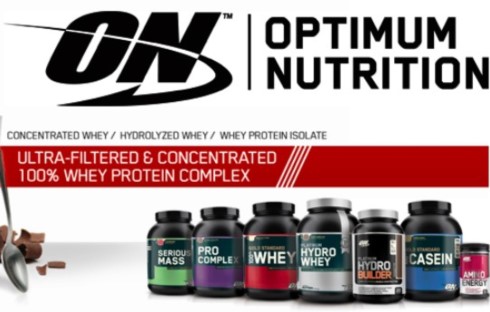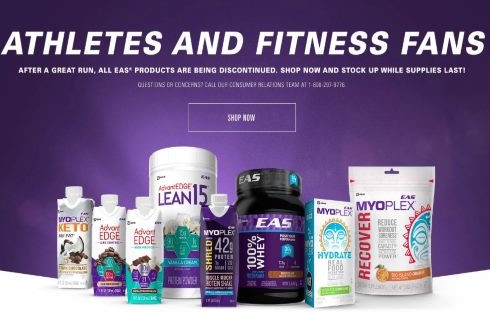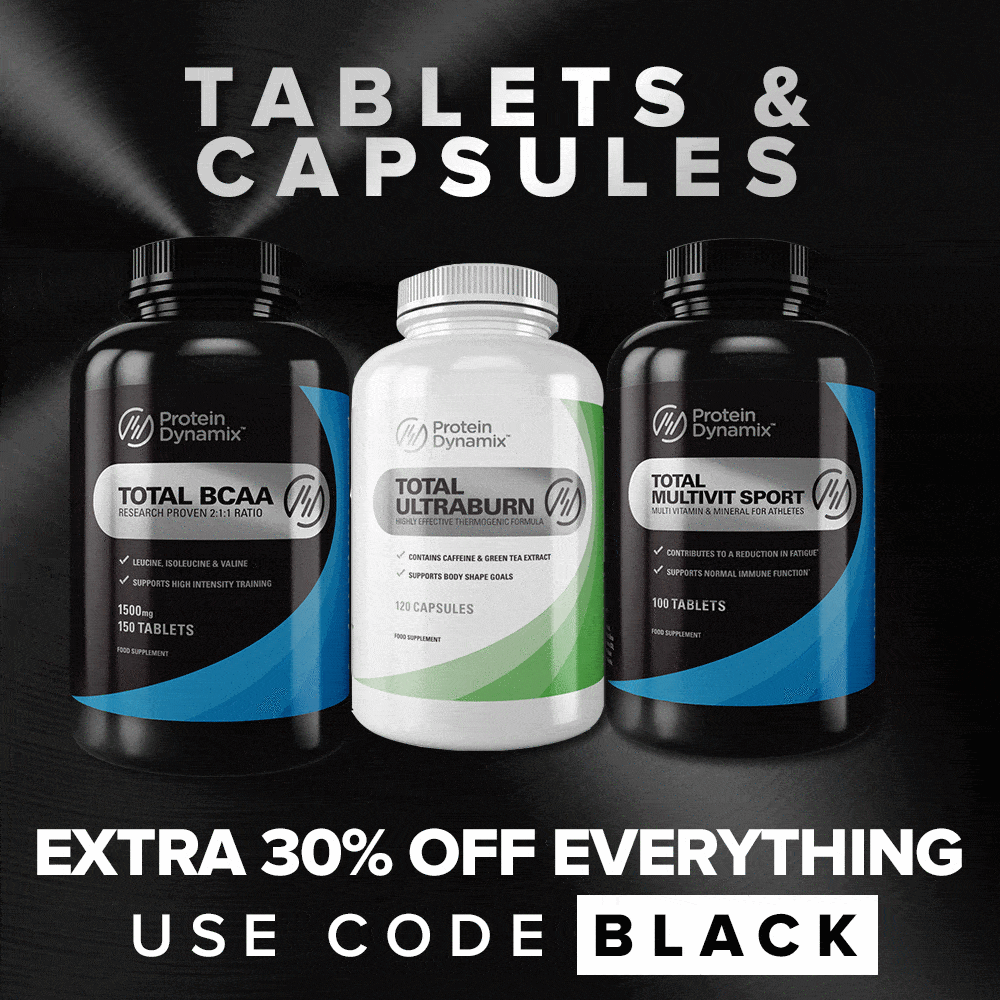
Sport and Exercise Nutrition
Athletes exercising for at high need a diet to hope with peak performance and rapid recovery. The fuel for this comes from carbohydrates that the body turns into glucose which is stored in the muscles as glycogen. Muscles will store enough glycogen for a heavy 90-minute workout. If you need more energy “carbohydrate loading” three or four days before an event can top up glycogen store. Carbohydrate rich foods include breads, cereals, pasta, fruit and vegetables. During long exercise sessions a snack and fluid, like fruit or fruit juice, every 15 to 20 will pass quickly into the bloodstream to support working muscles.
Natural Nutrition for Athletes
Proteins come from lean meats, fish, poultry, nuts, beans, eggs, or milk. Milk is particularly good for after an event as the whey protein is absorbed quickly. Casein in milk takes longer to be digested, which helps the long-term recovery of muscle after a grueling event. Milk also has calcium, important for maintaining strong bones.
For long events, such as marathons, your body turns to fat for energy when carbohydrate sources run low. All the fat athletes need can come from unsaturated fats in nuts, avocados, olives, vegetable oils, and fatty fish like salmon and tuna.
Drink fluids before and during an intense athletic event to stay hydrated. Marathon runners or long-distance cyclists should drink 8 to 12 ounces of fluid every 10 or 15 minutes during an event. When possible, drink chilled fluids, which are more easily absorbed than room-temperature water. Chilled fluids also help cool your body down.
Sweating removes electrolytes from the body. Electrolytes help transmit nerve signals in your body. To replenish them, reach for sports drinks. If you’re also losing a lot of fluid as you sweat, dilute sports drinks with equal amounts of water to get the best balance of fluid and electrolytes.
Nutrition Supplements
There are a lot of misunderstandings about nutrition supplements. Here we provide an overview of the truths.
Protein supplements
Protein powder supplements are concentrated sources of protein from animal or plant foods, such as dairy, eggs, rice or peas. Concentrates are made by extracting protein from foods and are usually between 60–80% protein, with the remaining calories coming from fat and carbohydrates. Some supplements are fortified with vitamins and minerals, especially calcium.
Protein isolates are more concentrated, with further concentration removing the fat and carbohydrates. Protein isolate powders are between 90–95% protein.
Protein hydrolysates are processed to that they are more quickly absorbed by the body, which means muscles can take them up more easily. Hydrolysates can also encourage muscle growth response to exercise.
For those who regularly lift weights, taking protein powder supplements helps maximise muscle gain and fat loss. Protein powders can also benefit those who are ill, the elderly and some vegetarians or vegans.
Best Brands for Proteins
-

-

Performance Nutrition & Proteins
Amino acids
Whey protein comes from milk. It is the liquid that separates from the curds in cheesemaking and is high in protein which can be digested fast since it is branched-chain amino acids (BCAAs). Leucine, one of these BCAAs, plays a major role in promoting the creation of new muscle, the growth of existing muscle and recovery following resistance and endurance exercise. For some it is significantly more effective than soy protein and casein protein following resistance exercise.
Some studies have shown that whey protein may improve body composition by decreasing fat mass and increasing lean mass and it appears to reduce appetite.
Best Amino Acids Brand
- Dymatize Nutrition
- Optimum Nutrition
Creatine
Creatine is found naturally in muscle cells where it helps muscles produce energy during heavy lifting or high-intensity exercise. It helps athletes gain muscle and enhances strength. It is produced from the amino acids glycine and arginine. Supplements contain phosphocreatine. This is a form of stored energy in the cells, as it helps your body produce more of a high-energy molecule called ATP.
Restricted Supplements for professional athletes by WADA
The World Anti-Doping Authority has been set up to regulate the use of supplements by athletes. The responsibility is on professional athletes to be aware of what they are putting into their bodies so that it is in line with regulations. This means reliance on company advertisements is not enough.
Anabolic steroids and stimulants are prohibited classes of substances in sport yet can be found in some supplements which may damage the health and career of a professional athlete. Many high-profile athletes have tested positive from contaminated or intentionally spiked supplements containing undisclosed prohibited substances which has caused them to be banned from competition. Some products can be unintentionally adulterated with substances such as pesticides or heavy metals, while others may be inadvertently contaminated with sport-prohibited substances due to cross-contamination.
The use of designer steroids has been a known cause of liver injury, stroke, kidney failure, and pulmonary embolism. Using nutrition supplements with added stimulants can cause increased blood pressure, irregular heart rhythm, and stroke.
Restricted AT ALL TIMES (in and out of competition)
| Substance | Method |
|---|---|
| Non Approved Substances | Manipulation of blood and blood components |
| Anabolic Androgenic Steroids | Chemical or physical manipulation |
| Peptide Hormones, Growth Factors and related substances | Gene doping |
| Beta-2-Agonists | |
| Hormone and Metabolic Modulators | |
| Diuretics and other Masking Agents | |
Restricted in-competition
| Substance |
|---|
| Stimulants, such as Pseudoephedrine (at certain levels), Amphetamines, Adrenaline, Cocaine, Ephedrine |
| Narcotics, such as Morphine, Pethidine, Fentanyl. |
| Cannabinoids (including synthetic), such as Marijuana, THC, Kronic, Spice etc. |
| Systemic glucocorticoids, such as oral prednisone, systemic injections and rectal applications. |
In certain sporting competitions, the following are also tested for
| Substance |
|---|
| Alcohol (check individual International Federation rules) |
| Beta-Blockers, such as Betaloc and Timolol |
